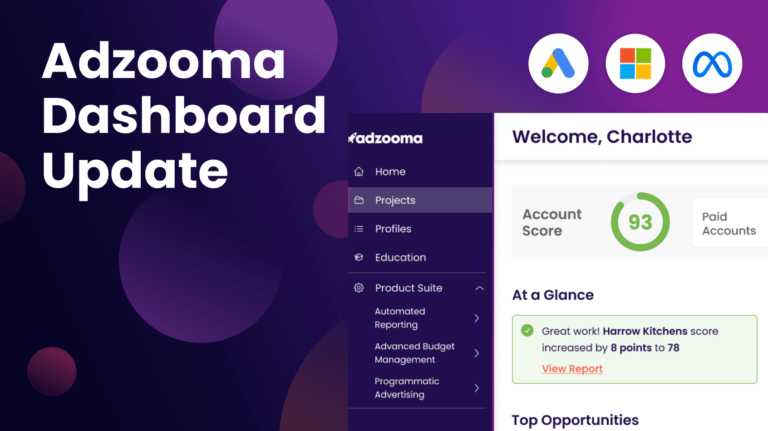A well-crafted content marketing strategy can do wonders for your business, providing more than just leads, growth, and traffic. It can also help to expand your current audience while building loyalty and trust with your existing customers.
So, what exactly is a content marketing strategy? A content marketing strategy is creating, publishing, and promoting content that attracts and retains a target audience. It can help generate leads and establish trust by creating informative and authoritative articles about your industry. In addition to attracting new followers, a content marketing strategy allows you to experiment and expand on your existing sources of traffic, which can open up new revenue streams for your business. The strategy should be customized to the business’s needs and goals, considering the industry, target audience, and budget.
If you’re looking to take your business to the next level, it’s time to start thinking about creating a content marketing strategy.
How to create a content marketing strategy that works
Crafting a winning content marketing strategy takes careful planning and execution. If you want to hit the jackpot with your content marketing efforts, here are some key steps to guide you in the right direction:
- Define your Goals and Target Audience
Before you begin creating content, it’s important to define your goals and target audience clearly. What do you want to achieve through your content marketing efforts? Do you want to increase brand awareness, generate leads, or drive sales? Who is your ideal customer, and what kind of content will they find valuable? - Conduct a Content Audit
To create a strategy that works, it’s important to understand what content you already have and how it’s performing. Carry out a content audit to identify any areas that need improvement and opportunities for repurposing or updating existing content. - Develop a Content Plan
Based on your goals, target audience, and content audit, develop a plan for creating and publishing content. Consider what types of content you’ll create, like blogs, videos, infographics, or social media posts. Decide on the topics you’ll cover. And choose the channels you’ll use to distribute your content such as website, social media, or email marketing. - Create High-Quality Content
The success of your content marketing strategy depends on the quality of your content. To engage your audience and establish your authority within your industry, create content that is informative, engaging, and well-researched. Use a variety of formats and styles to keep your content fresh and interesting. - Promote your Content
Once you’ve created high-quality content, it’s important to promote it effectively. Use social media, email marketing, and other channels to distribute your content and reach your target audience. Consider paid advertising to boost your reach and drive more traffic to your content.

Tips for creating high-quality content that engages your audience
Now that you have a content marketing strategy in place, how do you create high-quality content that engages your audience? Here are some tips:
- Know your Audience
To create content that resonates with your audience, you must understand their needs, interests, and pain points. Conduct research and gather data to develop buyer personas and tailor your content to their specific needs. - Use Storytelling
People remember stories better than facts and figures. Use storytelling to create content that is memorable and engaging. Share customer success stories, personal anecdotes, or industry insights to make your content more relatable and exciting. - Use Visuals
Visual content such as images, videos, and infographics can help to break up text and make your content more engaging. Use high-quality visuals relevant to your content to grab your audience’s attention and convey information more effectively. - Be Consistent
Consistency is key to building a loyal audience. Stick to a regular publishing schedule to inform your audience of new content.

The Role of SEO in content marketing
Finally, it’s essential to understand the role of SEO in content marketing. While creating high-quality content is important for engaging your audience, optimizing your content for search engines is crucial. Here are some key SEO factors to consider:
- Keyword Research
Identify the keywords and phrases that your target audience is searching for and incorporate them strategically into your content. Use tools like Google Keyword Planner to find high-volume, relevant keywords for your industry. - On-page Optimisation
Optimize your content for search engines by including relevant keywords in your content, headings, and metadata. Use header tags to structure your content and make it easier for search engines to understand. - Link Building
High-quality backlinks from reputable websites can boost your search rankings and drive traffic to your content. Reach out to other websites in your industry and offer to provide guest posts or collaborate on content. - Mobile Optimisation
Ensure your content is mobile-friendly and test it on different devices.
In a nutshell, a well-crafted content marketing strategy can help businesses achieve their marketing goals. Crafting engaging, high-quality content and optimizing it for search engines is key to taking your marketing efforts to new heights.




